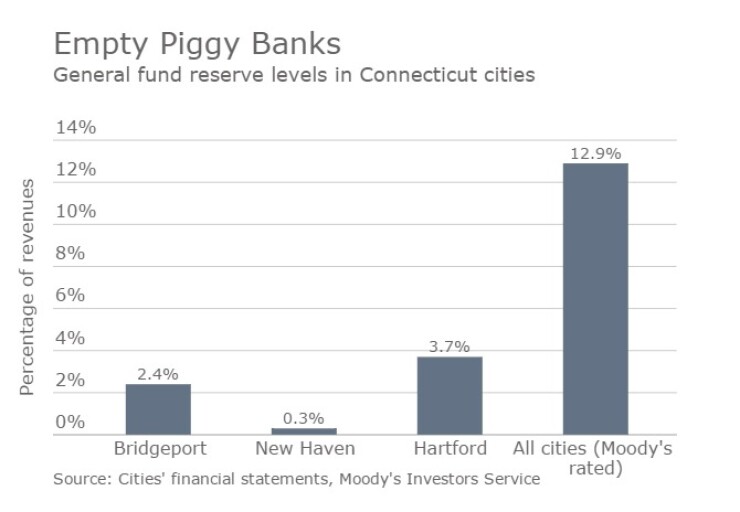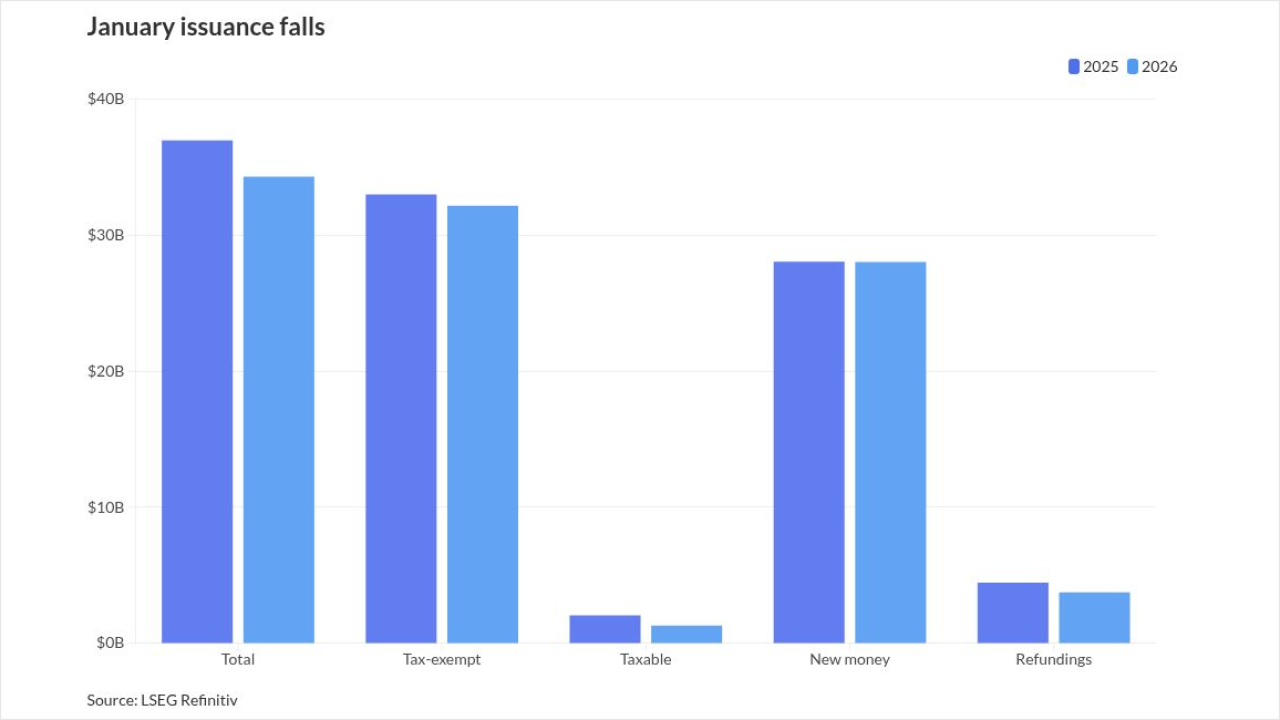

As he painted an even gloomier picture for Hartford, Mayor Luke Bronin called for regional tax and revenue measures to help Connecticut's cities.
"We do not see a way the city of Hartford can avoid projected deficits on our own without some significant reforms at the state and regional levels," Bronin said Thursday before the state Municipal Finance Advisory Commission.
Bronin said the state capital could run out of cash as early as December. He projects a nearly $23 million deficit in this fiscal year's budget, about an 8% gap. The shortfall, he said, could widen to $50 million, or nearly 20% of total expenses, in 2017-18.
Regionalization, he said, could stave off bankruptcy.
"We want to do everything to avoid that because I don't think it would be good for the state of Connecticut; I don't think would be good for the region and I don't think it would be ideal for the city of Hartford," Bronin told reporters.
Harrisburg, Pa., is the only state capital to have tried to file for bankruptcy. Its City Council late in 2011 filed a Chapter 9 petition over mayoral objections. A federal judge nullified the filing, citing a state restriction on the city.
Connecticut's most populous city, Bridgeport, filed for Chapter 9 bankruptcy in 1991, but a federal judge rejected the filing because the city did not meet the bankruptcy court's definition of insolvency.
Bronin and other Connecticut mayors are crafting a legislative package that would lessen reliance on the property tax, among other initiatives. Hartford has less taxable property than several of its suburbs.
The mayors are also developing other proposals that include a regional tax and shared municipal services.
Bridgeport, New Haven and Hartford – three of Connecticut's four biggest cities – have struggled for decades. According to Moody's Investors Service, general fund reserves for the three cities range from 0.3% to 3.7% of fiscal 2015 revenues, well below the 12.9% state median for Moody's-rated cities.
Municipal Market Analytics said Hartford could model its regional recovery approach after Pittsburgh.
"If its problems are left unaddressed, its fiscal position and attractiveness as a regional business center will reasonably continue to decline," MMA said of Hartford in a commentary.
Bond-rating agencies have hammered 125,000-population Hartford. S&P Global Ratings in March downgraded the city's general obligation bonds to A-plus from AA-minus. Moody's Investors Service a month later lowered the GOs to Baa1 from A3, its second downgrade for the city in 10 months.
Bronin's call for a state oversight panel died in a General Assembly last spring.
The City Council in May approved Bronin's $553 million "doomsday" budget that featured across-the-board service cuts.
"In the short-run the city has taken the more traditional municipal approach to balancing its budget, a reliance on non-recurring resources such as asset sales, fund transfers, increased borrowing and accounting [and] actuarial maneuvers," said MMA.
Debt service, according to Bronin, spiked to $31 million this year from $20 million, and is expected to soar to $61 million 2020-21.
In addition, cost overruns and delays have pushed the projected cost of the new minor-league baseball Dunkin' Donuts Park to more than $71 million, Kansas City, Mo.-based Pendulum, the ballpark's architect, said Thursday. The ballpark is a year late, costing its tenant, the Hartford Yard Goats, an entire home season.
Bronin, a first-year mayor and former chief counsel to Gov. Dannel Malloy, called for increased payments in lieu of taxes, regional revenue sharing and widening options for local revenue generation.
City-state collaboration is a tall order in Connecticut, given traditional divides.
"The mayor is on the absolute right track in trying to tie their fates together, but it's not going to happen just because someone asks for it to happen, and the state is never likely to mandate that," said state Comptroller Kevin Lembo.
Lembo, in an interview after his Sept. 9 speech before the Municipal Analysts Group of New York in midtown Manhattan, called regionalism essential.
"You can look at ways to build partnerships. For example, not driving office parks out to the suburbs by giving the suburban communities a piece of the property tax action when they build downtown," he said.
Partnerships, he said, could include communities that are losing population but have "very sophisticated and high-performing school districts" to attract more children from stressed city school districts.
Lembo said the state should examine cities' books and propose sustainable remedies.
"Historically the state has always just thrown money at a perceived problem, less so in the suburbs, more so in the cities," he said. "We've always solved the short-term problem, and then walked on and dealt with something else."
According to Lembo, the state has "a couple of more cards to play" to benefit Hartford, including the sale of vacant space.
"The state also has a ton of property in Hartford and all over the state. Some producing, some of it is sitting there, just empty office buildings," he said. "When was the last time somebody calculated the value of that asset? It may be putting more property back on the tax rolls in Hartford."
Another variable Connecticut municipalities face -- as does the state itself, given its struggles trying to balance a budget -- is a
Moukawsher gave the state six months to craft a new formula.
Attorney General George Jepsen said the state would appeal Moukawsher's decision in Connecticut Coalition for Justice in Education Funding v. Rell. He said Connecticut has "strong arguments that the trial court exceeded its authority," given that the legislative and executive branches craft education policy.
Moody's on Thursday called the ruling a credit positive for Hartford, Bridgeport and New Haven and could be a negative for the state, given a possible increase in state spending.
"If the court's ruling holds, we believe funding levels for schools in low-income communities will increase and could occur in two ways," said Moody's.
"Increased funding could be distributed through a reallocation, where funding is shifted from more affluent municipalities. Or, the state could expand the total pie, increasing spending for some cities while allowing more affluent communities to maintain existing funding levels or receive some increases."





